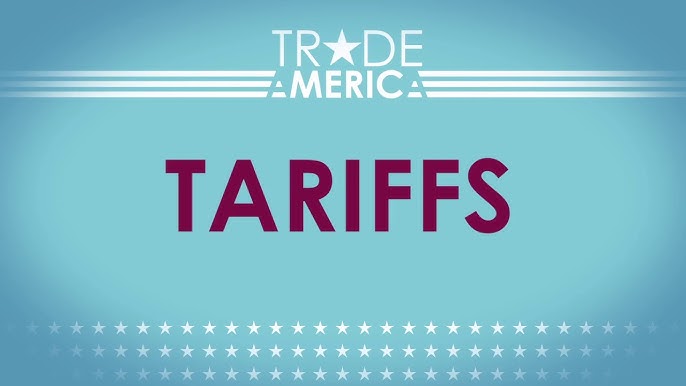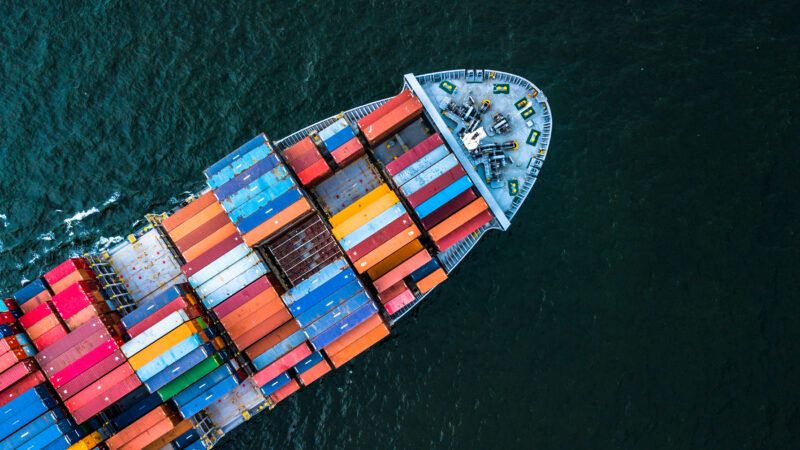 Hefei Super Electronics Co., Ltd.
Hefei Super Electronics Co., Ltd.
What Are You Looking For?
NdFeB magnet is a high-performance permanent magnet material that is widely used in new energy vehicles, microelectronic equipment, nuclear magnetic resonance equipment, aerospace and other major fields. The neodymium magnet industry has always been the focus of sustainable development strategies, which will be affected by various factors. Now, the new U.S. President Trump mentioned in his campaign speech that tariffs on various commodities will be increased. It is obvious that the main purpose of the U.S. tax on rare earth permanent magnets is to protect U.S. rare earth permanent magnet companies, which will also largely affecting the global neodymium magnet trade.

Increased tariffs may have the following impacts on neodymium magnet trade:
1.Increased prices: Increased tariffs will increase the cost of imported neodymium magnets, thereby pushing up their prices. This could lead to higher prices for end products, especially those that rely on neodymium magnets, such as electric vehicles, wind turbines, etc.
2.Reduced import volumes: Increased tariffs typically result in less demand for imported products because higher tariffs make imports more expensive. This may result in lower imports of neodymium magnets as suppliers may move to other markets or find substitutes.
3.Impact on industrial competitiveness: If a country relies on imported neodymium magnets to support its industry, increased tariffs may have an adverse impact on the country's industrial competitiveness. High tariffs can lead to higher costs, restrict business growth, and make it difficult to remain competitive with competitors from other countries.
4.Promote local market development: Increased tariffs may encourage local markets to develop production capabilities for neodymium magnets. Higher tariffs can provide a protective barrier to give local manufacturers the opportunity to expand market share and invest in relevant technology research and development.

It is important to note that these impacts vary depending on each country’s specific policies and economic circumstances. Tariff policies may be adjusted for specific countries, specific products, or specific time periods, so the specific impact may vary.